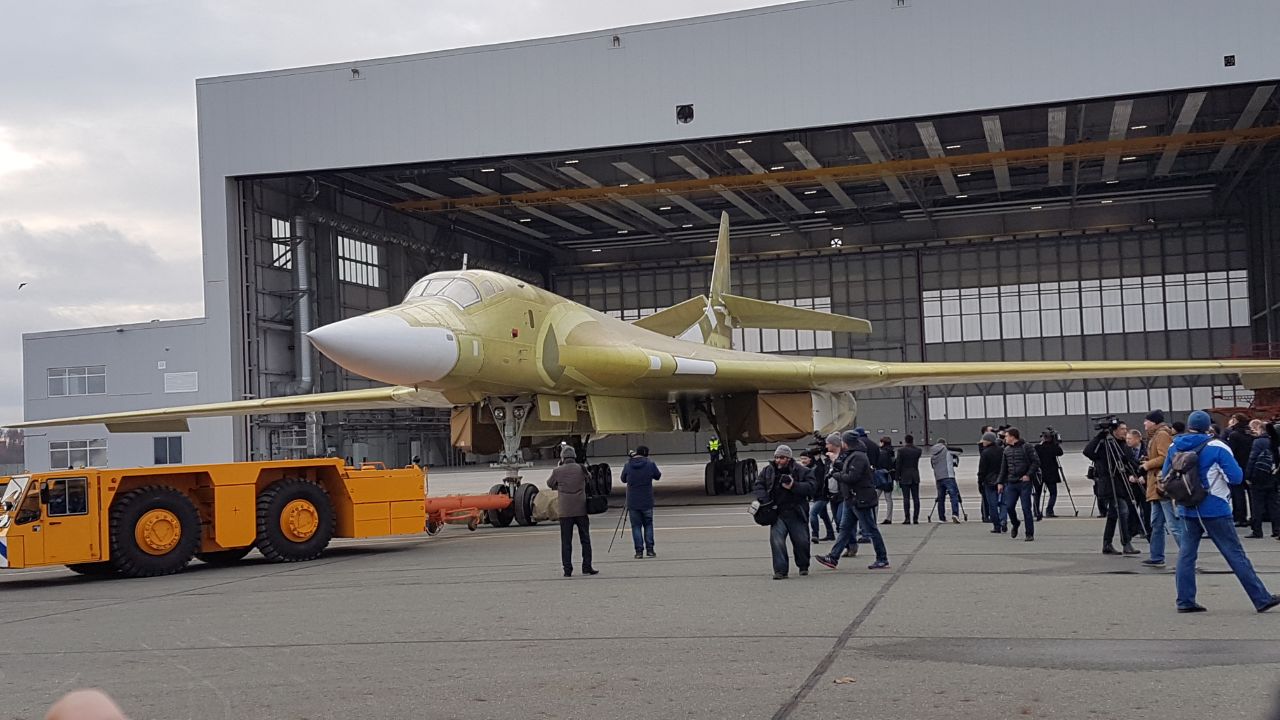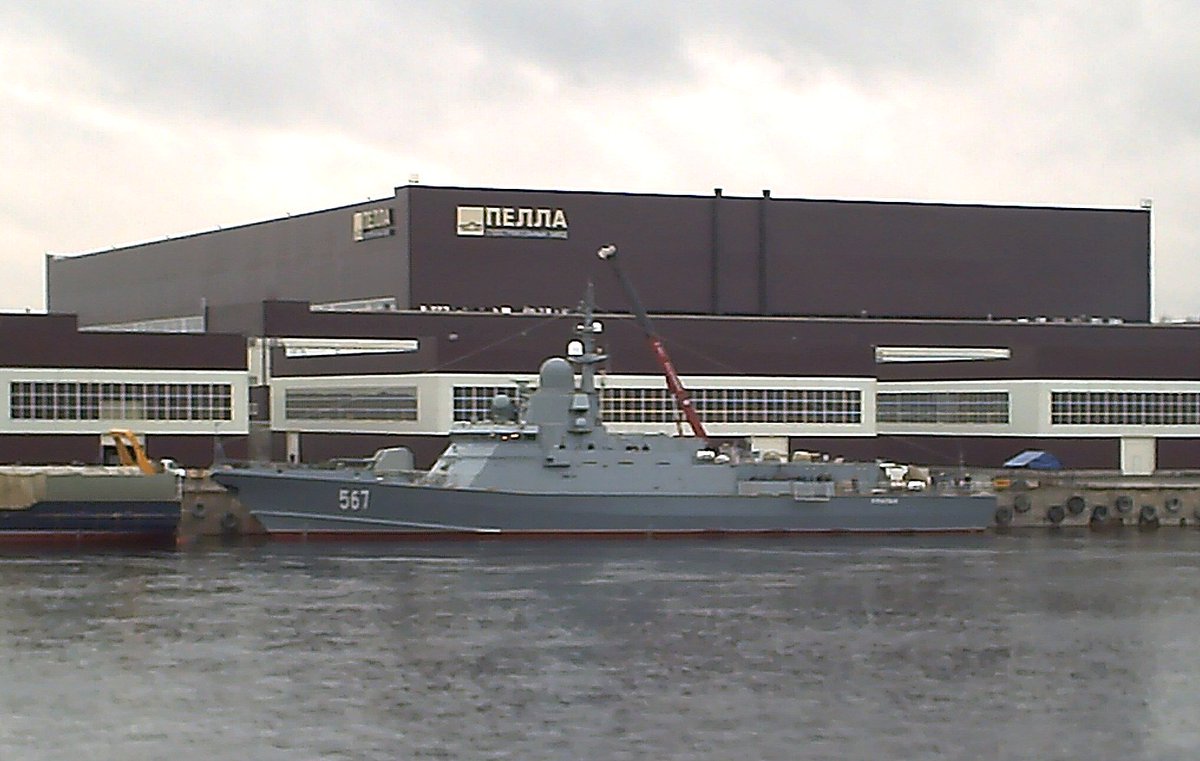You are using an out of date browser. It may not display this or other websites correctly.
You should upgrade or use an alternative browser.
You should upgrade or use an alternative browser.
Russian Military News, Reports, Data, etc.
- Thread starter tphuang
- Start date
Jura The idiot
General
Jul 14, 2017
let's wait and see who has the last laugh, as now US official: If Turkey buys Russian systems, they can’t plug into NATO techTurkey agrees to pay Russia $2.5B for S-400 missile systems, official says
Published 18 hours ago
LOL noticed this topic in Russian Internet; most guys seemed to think it's something like this:
LOL!
If Turkey moves forward with its buy of a Russian air defense system, it will not be permitted to plug into NATO technology, and further action may be forthcoming that could affect the country’s acquisition or operation of the F-35, a top Air Force official said Wednesday.
Turkey has reportedly finalized a deal with Russia for the S-400, an advanced anti-aircraft missile system. According to , Turkish Defense Minister Nurettin Canikli claimed that it had made an order for the missiles and further terms of the agreement were “just details now.”
If true, the development could have a drastic effect on Turkey’s military cooperation with the rest of NATO, which fears that Turkey is moving away from democratic norms and is fostering a closer relationship with powers such as Russia and China.
Heidi Grant, deputy undersecretary of the Air Force for international affairs, was unable to say exactly what course of action the United States would pursue if Turkey purchases the S-400.
“As a major NATO ally, we haven’t really looked into this yet,” she said in a Nov. 15 interview. “We’re going to have to start looking at, if they are going to go through with this, how we can be interoperable in the future. But right now, I can tell you our policies do not allow us to be interoperable with that system.”
Further complicating the issue is the planned delivery of Turkey’s first F-35s in 2018. Analysts worry that Turkey operating both the S-400 and F-35 together could compromise the jet’s security, as any data collected by the air defense system and obtained by Russia could help expose the joint strike fighter’s vulnerabilities. For a platform like the F-35, whose major strengths are its stealth and data fusion capabilities, that would be a disaster.
Grant agreed that a S-400 acquisition creates issues for Turkey’s use of the F-35.
“It’s a significant concern, not only to the United States, because we need to protect this high end technology, fifth-generation technology” but for “all of our partners and allies that have already purchased the F-35,” she said.
As far as potential actions the United States might take, Grant said the government will have to work through its options.
Grant spoke to Defense News on the floor of Dubai Air Show, where she met with companies and partner countries over the past four days. During this time, she did not have conversations with the Turkish delegation, she acknowledged.
Her comments echoed those of Gen. Petr Pavel, chairman of NATO’s military committee. In October, Pavel said that Turkey is free, as a sovereign nation, to make its own decisions in regards to military procurement, but will face “consequences” if a S-400 buy goes through.
What happens next?
Neither Grant nor Pavel have been willing to detail how the United States and NATO could respond to Turkey’s S-400 procurement, especially with regards to Turkey’s role in the F-35 program, and there’s no clear historical precedent.
Whenever the United States makes an agreement to export weapons to a foreign partner, that country is required to sign an agreement allowing the U.S. to do end-use monitoring to ensure it is not compromising sensitive technologies or information. That can include anything from a “check on how they are using the technology, who is on the same base with them [and] access that other countries may have to our high end technology,” noted Grant.
But the F-35 is not a typical program, being conceived of from the get-go as a partnership among countries that would pay to develop the jet, as well as reap the industrial benefits of building it.
Turkey is entrenched in the program on multiple levels — from the money it has spent to help design it, the more than 100 planes it plans to buy, to Turkish Aerospace Industries’ work on the center fuselage of every F-35, and the country’s role as a sustainment hub for the international joint strike fighter community. It’s not exactly clear what would happen if the United States rolls back its participation in the program.
Turkey’s industrial contributions to the F-35 are “easily replicable elsewhere” should the U.S. government decide to drop Turkey as an international partner on the program, Richard Aboulafia, an aerospace analyst for the Teal Group, told Defense News in an interview ahead of Dubai Airshow.
“The real greater concern is just pushing a large emerging military and economic power out of NATO and into something different and not at all in Western interests,” he said. “It’s a very big deal. It’s so big that I don’t think anyone knows quite what to do with it.”
Individual members of Congress have raised concerns about the Turkish government’s recent shift from NATO, but so far have not sounded alarm bells about an S-400 acquisition. In the past, lawmakers have had difficulty implementing restrictions on the country’s acquisition of the F-35.
For instance, Rep. David Cicilline, a member of the Foreign Affairs Committee, tried to block sales of the F-35 to Turkey in July after Turkish security personnel attacked protesters in Washington earlier in 2017. However, the amendment ultimately died without ever getting a vote.
A growing problem
How the U.S. and NATO respond to Turkey could set precedent for how much interoperability with Russian the United States is willing to accept from partner militaries in the Middle East and elsewhere.
Saudi Arabia plans to purchase the S-400 alongside the Terminal High Altitude Area Defense system built by Lockheed Martin. During a briefing at Dubai Airshow, Timothy Cahill, Lockheed’s vice president of air and missile defense systems, said that will create challenges for simultaneous use of both systems.
Meanwhile, the United Arab Emirates is interested in buying the F-35, but has also signed a memorandum of understanding with Russia for collaborating on a fifth-generation fighter based on the MiG-29. That, too, could create roadblocks for a future joint strike fighter acquisition.
“They are a sovereign nation, they can choose to go with other partners,” Grant said of the UAE’s work with Russian on a fifth-gen fighter. “But I have made it very clear that it makes it a little more difficult for our partnership as a coalition because we will not be interoperable. As of right now, our current policies are, we would not be interoperable with Russian equipment.”
I read in this article by Ambassador Bhadrakumar:Jul 14, 2017
let's wait and see who has the last laugh, as now US official: If Turkey buys Russian systems, they can’t plug into NATO tech
that the three countries are discussing cooperating to achieve the end of chaos in Iraq and Syria because:
Leaving NATO and expelling US forces might be necessary to protect Turkey's interests.Notably, the strong alliance with the Kurdish militia gives the US the
wherewithal to influence events in Turkey, Iraq, Iran and Syria. Indeed, oil and oil pipelines form an important vector of the geopolitics, too.
Jura The idiot
General
LOL after Sunday at 8:29 AM
Yesterday at 6:44 PM
but I'm not a quitter:
«Супер-лебедь»: каким станет новый бомбардировщик Ту-160М2
another quiz by Battleship Gloire:65 years!

Yesterday at 6:44 PM
Таких же картинок не найдено
but I'm not a quitter:
«Супер-лебедь»: каким станет новый бомбардировщик Ту-160М2
Jura The idiot
General
now I read
China, Russia to hold computer-simulated anti-missile drill
2017-11-17 14:39 GMT+8
China, Russia to hold computer-simulated anti-missile drill
2017-11-17 14:39 GMT+8
Chinese and Russian militaries will hold a joint anti-missile drill based on computer simulations from December 11 to 16, the Chinese Ministry of National Defense announced on its website on Friday.
The command-and-staff exercise, code-named Aerospace Security-2017, will be the second of such kind held by the two countries. The first drill, Aerospace Security-2016, was held at the scientific research center of Russian Aerospace Defense Forces in May last year.
The main purpose of the six-day exercise is to improve the capability of the two countries, in dealing with accidental and provocative ballistic and cruise missile strikes on the two countries' territories through holding drills of joint air defense and anti-missile defense operations.
The exercise does not target any third party, according to the Chinese Ministry of National Defense.
The ministry announced the plan to hold the second joint drill later this year at a regular press briefing on October 26.
"Chinese and Russian militaries have been in close collaboration this year. We will continue working together to further bilateral relations," the ministry's spokesman Ren Guoqiang said.
In 2017, the military collaboration between China and Russia included strategic discussions, briefings on anti-missile issues as well as maritime military drills, according to the spokesman.
Jura The idiot
General
Yesterday at 8:03 AM
while checking
and seeing that picture again
only now realized she had recently obtained the pennant number LOL!
while checking
and seeing that picture again
Dizasta1
Senior Member
Buyan class engines.
Well that's good for Russia, as it diversifies it's production capabilities. And kudos to both Russia and China on a strong, enduring partnership. A well deserved praise for China to excel in building engines for warships.
Mind you, if these absurd and discriminatory sanctions weren't in place. Then the Russians would've gone on their own. But time is of the essence, and the strategic rearmament program has to progress at a fast rate.
Wishfull thinking...I read in this article by Ambassador Bhadrakumar:
that the three countries are discussing cooperating to achieve the end of chaos in Iraq and Syria because:
Leaving NATO and expelling US forces might be necessary to protect Turkey's interests.
More interesting than idiot politic in more this style !
And justely ofc Chines navy is more powerful but not new as several think saying about 2010 no since at less 2005 main reason a big majority of Russian ships are not operationnals and BTW exist severals reserve categories 1st, 2th and even 3th categories but in this one the ship can t be back in the fleet...
But they have one advantage over China and again now more powerful and silencious SSN/SSGNs big with 2 hulls, fast and payload ! 20 really operationnals
8 Oscar II/949A
6 Akuka I/II/971
1 Akuka III/971
2 Victor III/671RTMK
2 Sierra II/945A
1 Yasen/885
Also more powerful SSBNs with 16 missiles
4th Borei SSBN - 1st modernised Pr.955A Borei-A - Knyaz Vladimir has been launched earlier today. Note modified stern plane and rudder

Last edited:


